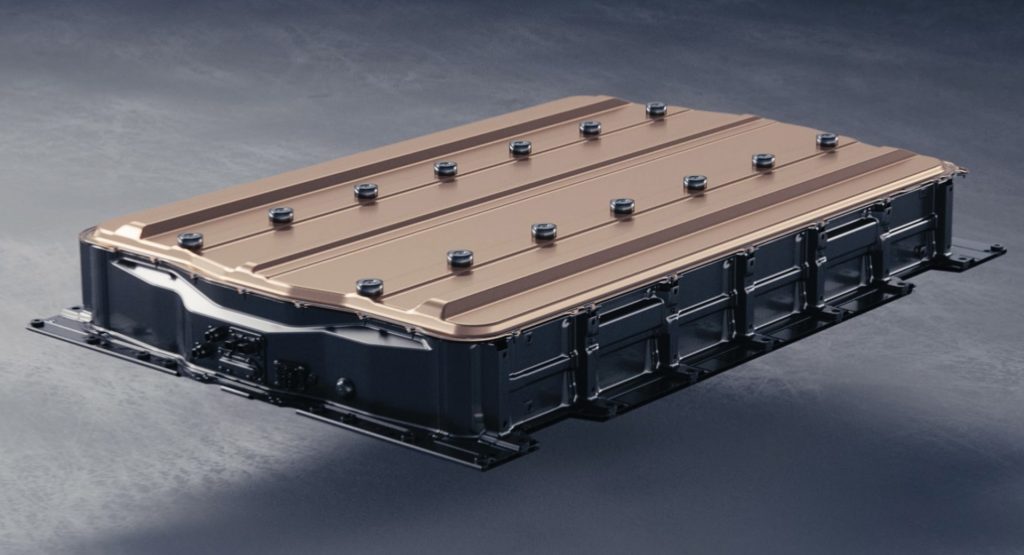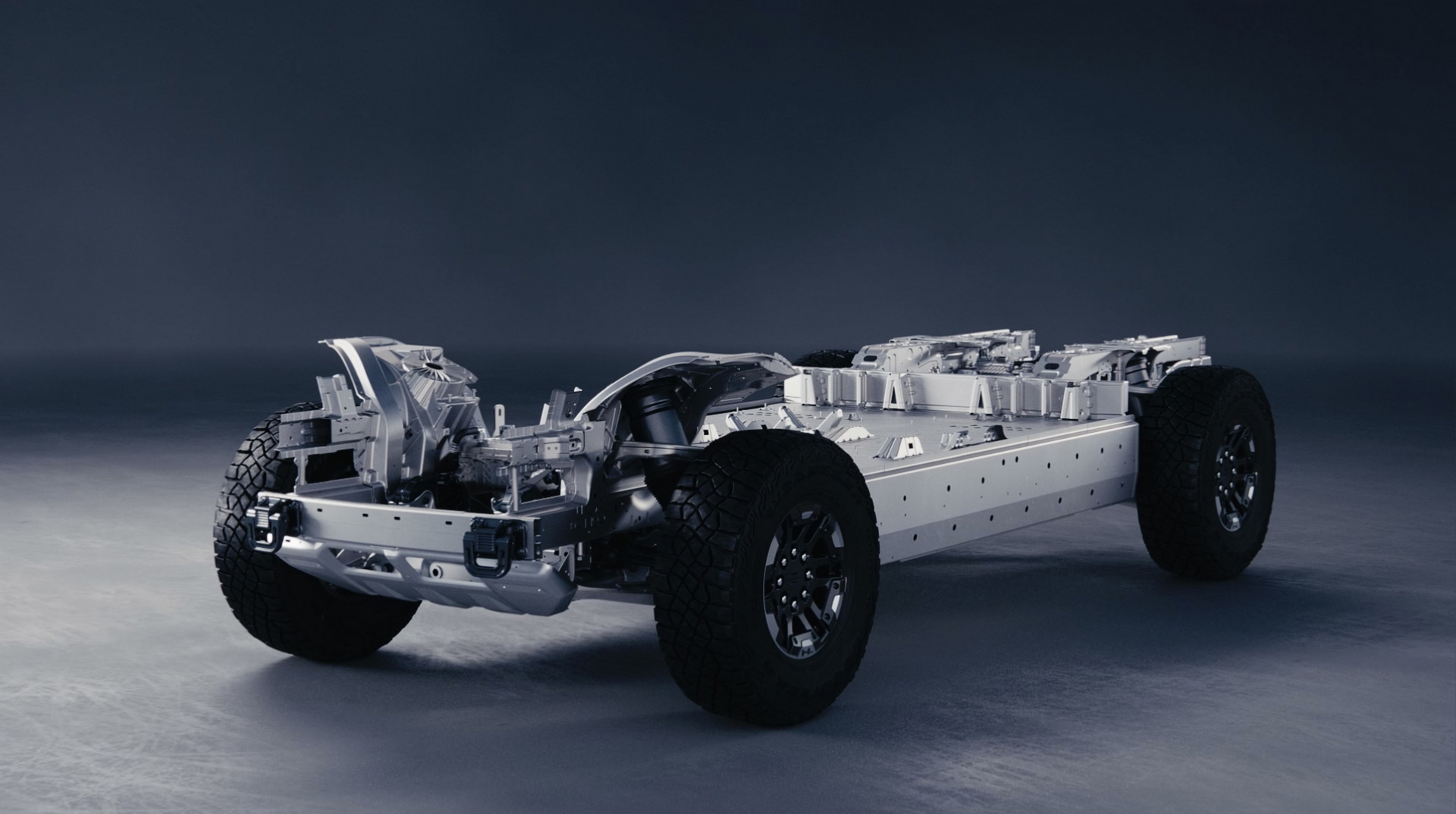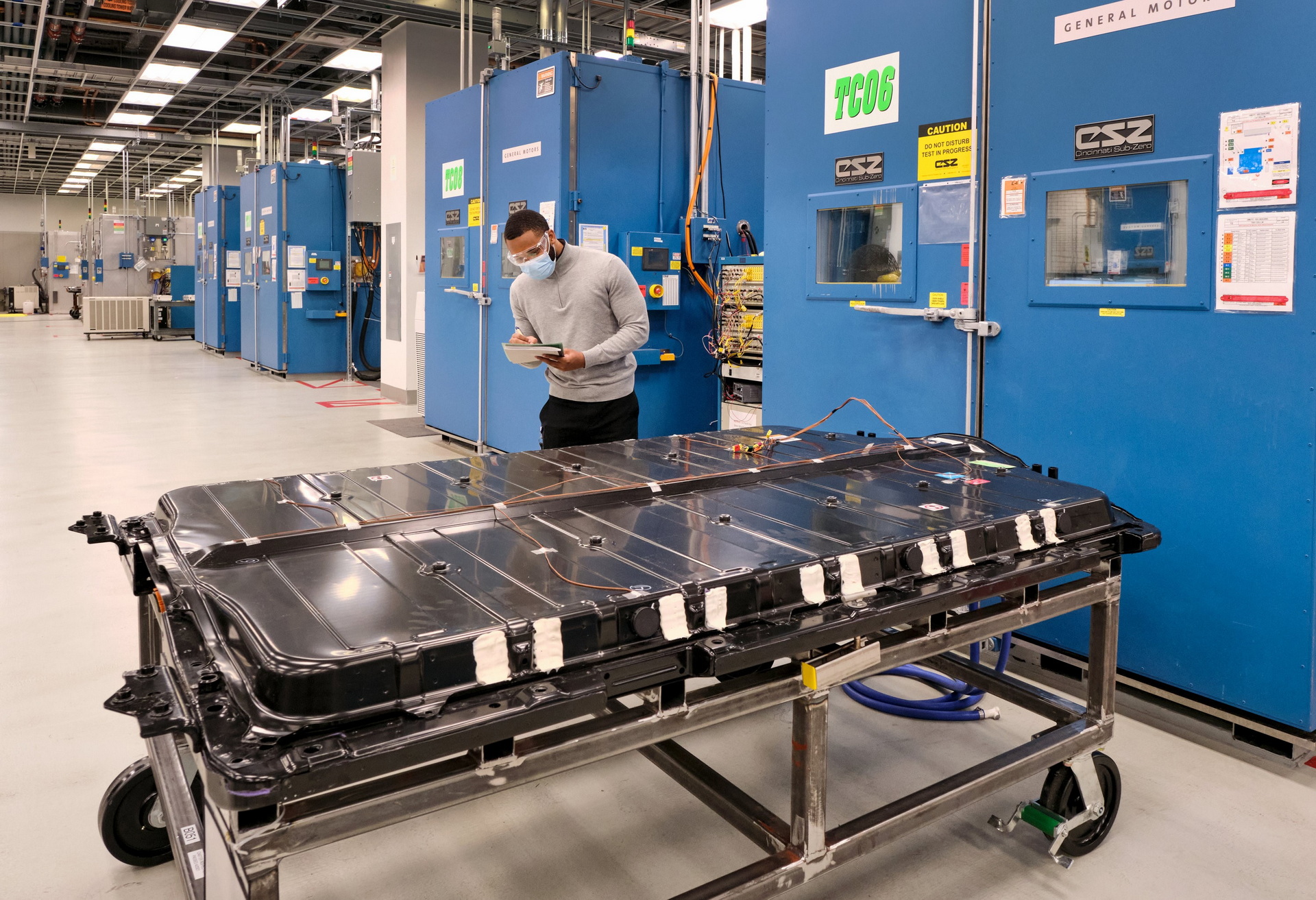GM is aiming to secure a lithium supply large enough to power six million EVs by mid-2024. The project will include a multimillion-dollar investment into a California lithium site.
The deal will see GM help develop Controlled Thermal Resources (CTR) Ltd’s Hell’s Kitchen geothermal brine project near California’s Salton Sea, 160 miles southeast of Los Angeles.
“By securing and localizing the lithium supply chain in the U.S., we’re helping ensure our ability to make powerful, affordable, high mileage EVs while also helping to mitigate environmental impact and bring more low-cost lithium to the market as a whole,” said Doug Parks, GM executive VP of Global Product Development, Purchasing, and Supply Chain. “GM looks forward to working with CTR, in addition to state and local leaders, in achieving these goals.”
Read Also: BMW Signs $334 Million Deal With American, Less Environmentally-Taxing Lithium Supplier
Although the exact figure invested has not been disclosed, the deal is part of GM’s recently announced $35 billion investment in EV technology.
The lithium project promises to be eco-friendly thanks to the geothermal extraction process. The method involves pumping super-hot, lithium-rich brine from reservoirs 8,000 feet (2,400 meters) underground and using that heat to generate electricity. That power is then used to extract the lithium from the brine, which is pumped back into the earth.
The process doesn’t require open-pit mines and large brine evaporation ponds, making it greener than other existing methods. It will emit 15 times less CO2 than Australia’s lithium mines, CTR told Reuters.
According to Rod Colwell, CTR’s CEO, the Hell’s Kitchen project could produce 60,000 tons of lithium, enough to make batteries for about six million EVs, if all goes as planned. That production would make it the largest U.S. producer of lithium in America.
The move follows a push by the Biden administration to find local sources for electric vehicle battery supply. As China invests heavily in the technology, the U.S. government sees it as a strategic advantage to find the raw materials for battery manufacturing at home and nearby.






